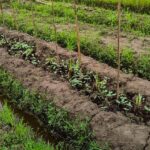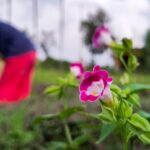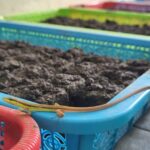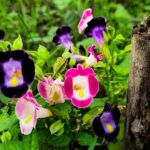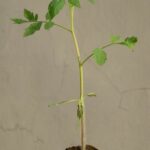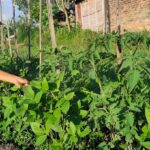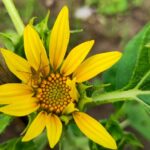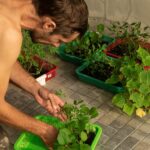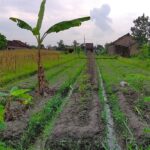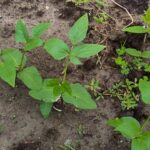REGEN
Farmland Restoration
October 2022 – September 2028
Progress Updated on 2 March 2024
We regularly publish stories on our Instagram page
You can follow our stories here:
Recently published:
“A picture is worth a thousand words”
In this video:
A quick look at various activities of Team Ecotica for REGEN in 2022. A farmland restoration project in Indonesia characterized by regenerative agriculture practices and climate actions.
Climate Action

When facing climate change… taking positive action is our only option!
We are actively reducing green house gases emissions with Ecotica’s REGEN project.
We achieve our goal by converting 2 rice paddy fields to polycultures with regenerative agriculture practices.
Rice cultivation emits methane (CH4) – a powerful green house gas. We have secured the fields for at least 6 years. Over that period of time, a significant amount of methane will never be released into our atmosphere.
Furthermore we also adopt other practices that allow us to sequester carbon. To give you an example, the carbon content of the rice husk biochar that we incorporate into our soil will be stored there for a long time. For more than 100 years and less than 1000 years.
Regenerative Agriculture
We focus on regenerating the soil.
Even though we work really hard on creating the right conditions. We take no credit because we know that nature is doing the most important job of all:
To bring back life to our degraded soils!
- Resilience To Disasters i.e. floods and droughts
- Aerobic Conditions
- Sourced Locally
- Fixing Leaks
- Reinforce Edges
A large amount of household trash has found its way to our agricultural lands. This waste was incorporated into the soil every season when the plough tractor prepares the rice paddy field. It makes this cleaning effort challenging.
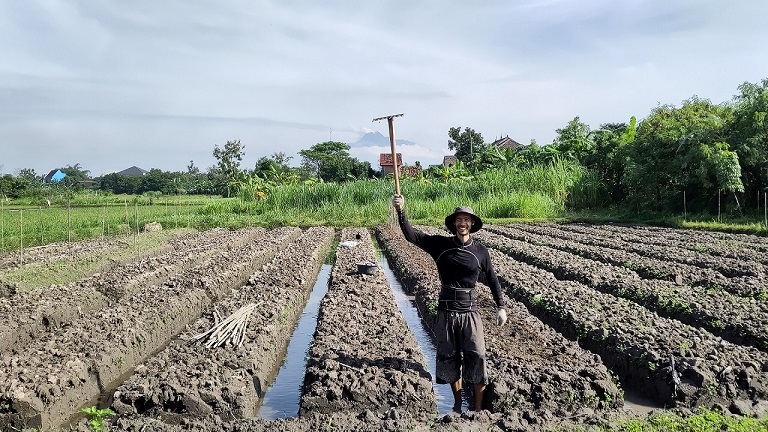

Carbon Sequestration
- Carbon Sequestration
- Soil Biology
- Soil Texture
- Pollution Remediation
The application of Rice Husk Biochar to our fields is one solution that we have retained. It allows us to achieve multiple goals simultaneously.
We are eager to share our knowledge. If you are interested in the details of regenerative agriculture, let us know.

Future Generations

Land Conversion
Our action is to secure 2 fields in the peri-urban area of Yogyakarta.
Most of us are familiar with the process of converting nature areas to farmland i.e. The Amazon being cleared for agriculture. Surprisingly, agricultural lands converted to other land-uses seem to go unnoticed.
“The unplanned expansion of built-up areas toward peri-urban regions has accelerated the conversion of farmland leading to losses of farmland and directly influencing farmers’ livelihoods. Therefore, understanding the process of agricultural land conversion in peri-urban areas is necessary to prevent unnecessary conversion of farmland to other land uses.”
Understanding the context of our action: Firstly, the island of Java is already one of the most densely populated place in the world (150 millions). Moreover, its population is increasing rapidly. Agricultural lands are replaced by houses or shops that spring up like mushrooms.
Secondly, the 2 fields we have selected are located in a “Green Belt” area. An area where construction is prohibited. Unfortunately, in practice there is no law enforcement and lands are just so valuable that agriculture can’t compete with urban development.



